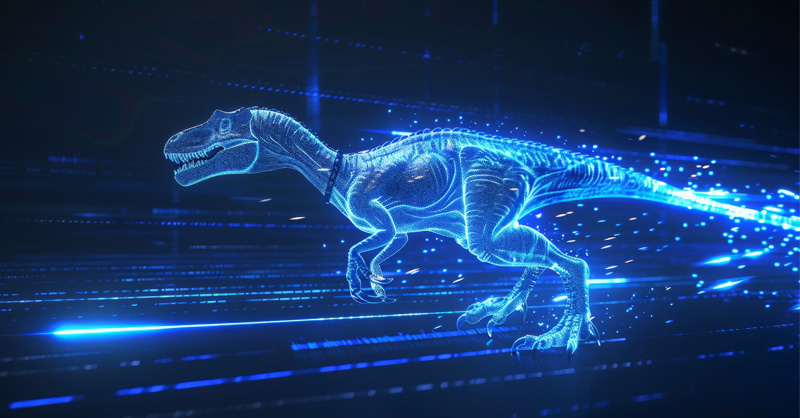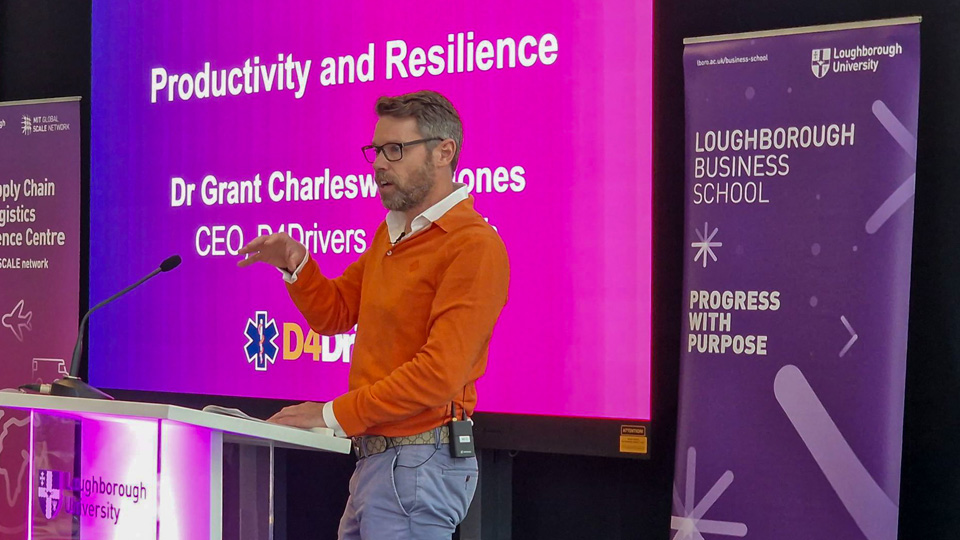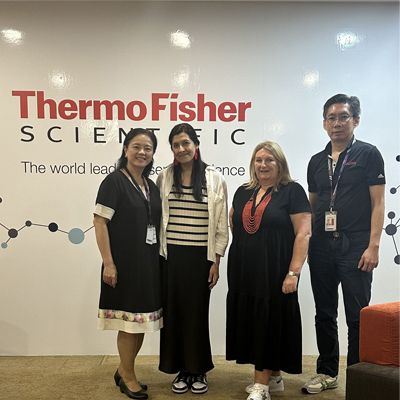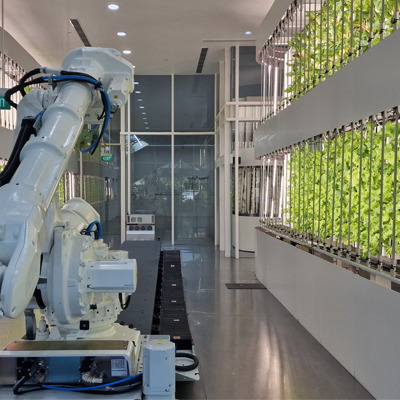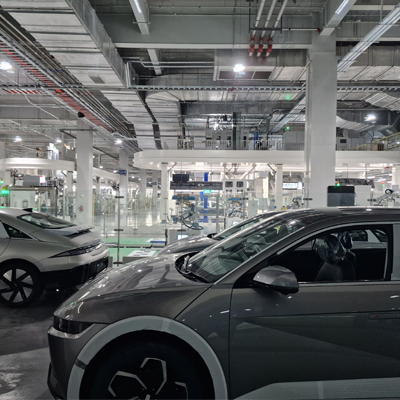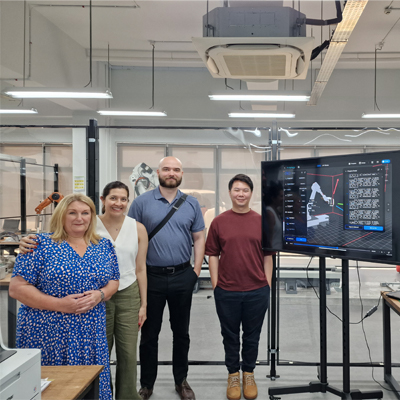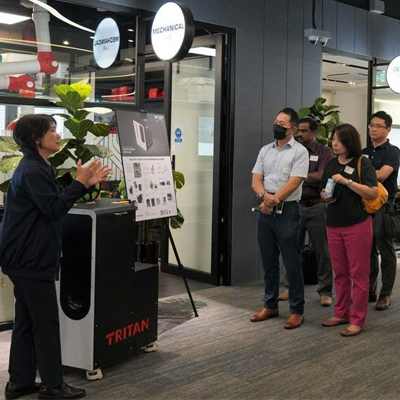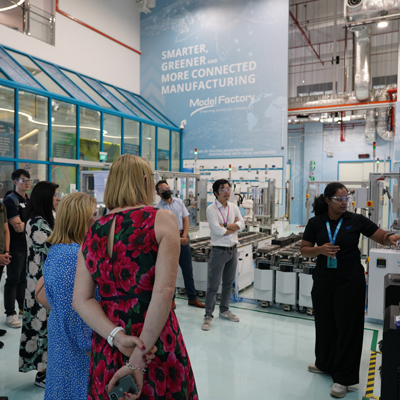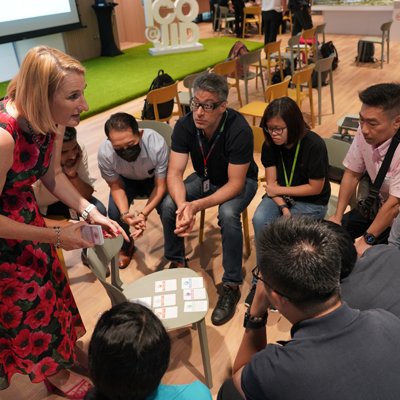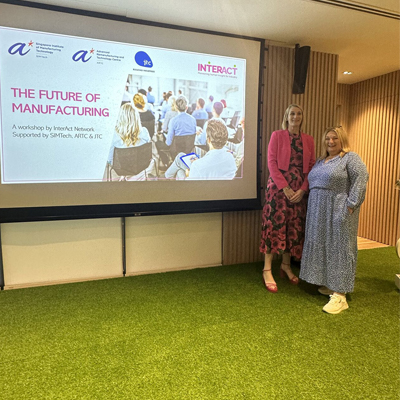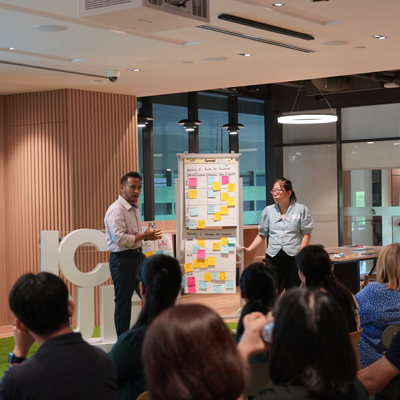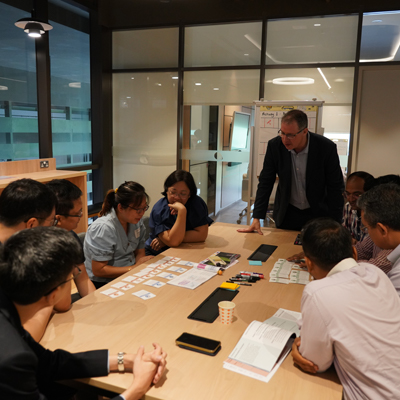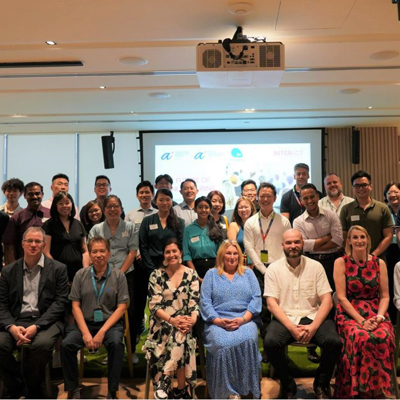From 27 – 29 September 2024, leaders from the InterAct Storytelling Fellowship programme joined fellow experts at the first International Digital Storytelling Festival in Zakynthos, Greece.
This event brought together practitioners of digital storytelling from across the globe to share and screen visual stories from a wide range of academic disciplines. The festival saw over 60 selected for screening over three days and six categories including:
- Culture
- Education
- Environment
- Health
- Science and Research
- Society
InterAct submitted several stories from across the Storytelling Fellowship programme for consideration, from which fellow Susan Lattanzio’s story ‘Digital Dinosaurs’ was selected as winner of the ‘Science and Research Award’.
Dr Susan Lattanzio is the Research and Industry Engagement Manager for the Made Smarter Innovation: Centre for People-Led Digitalisation. The Centre specifically focuses on the role of people and culture, and how these both influence and are influenced by the adoption of digital technologies.
Discussing the success of this story Professor Michael Wilson, Head of the Loughborough University Storytelling Academy, said: “This has been a unique adventure in using storytelling, particularly digital storytelling, in collaboration with the manufacturing industry to tell impactful stories relating to the onset of technological development. It’s not something that I, or others at the festival had encountered before, and I think it lends credence to the idea that storytelling is a valuable tool to apply across contexts to generate meaningful insights.”
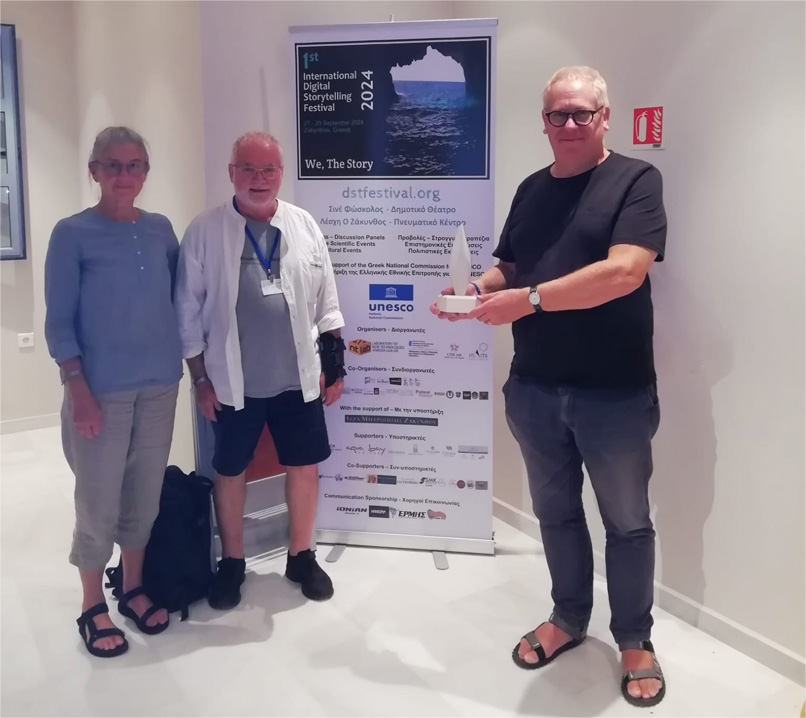
Speaking afterwards, Susan added: “I’m delighted to have won this award. I want to thank InterAct for providing funding for this programme and the Storytelling Academy at Loughborough University for running such great teaching sessions. Their support and guidance inspired so much creativity and a range of different approaches among our cohort of fellows.
“I think sometimes it can be too easy to focus just on KPIs when considering manufacturing challenges and miss the bigger picture. This was a very exciting opportunity to take a new approach to communicating that we wouldn’t normally use in engineering and offer up insights in a compelling, narrative format.”
“The concept of ‘Digital Dinosaurs’ came from my personal experience, but it was a subject that I found almost everyone I spoke to could relate to with someone in their life. I think it aligns really well with our aims at the Centre for People-Led Digitalisation, where we’re committed to putting considerations of the impact of change and new technology on people at the heart of our research.”

